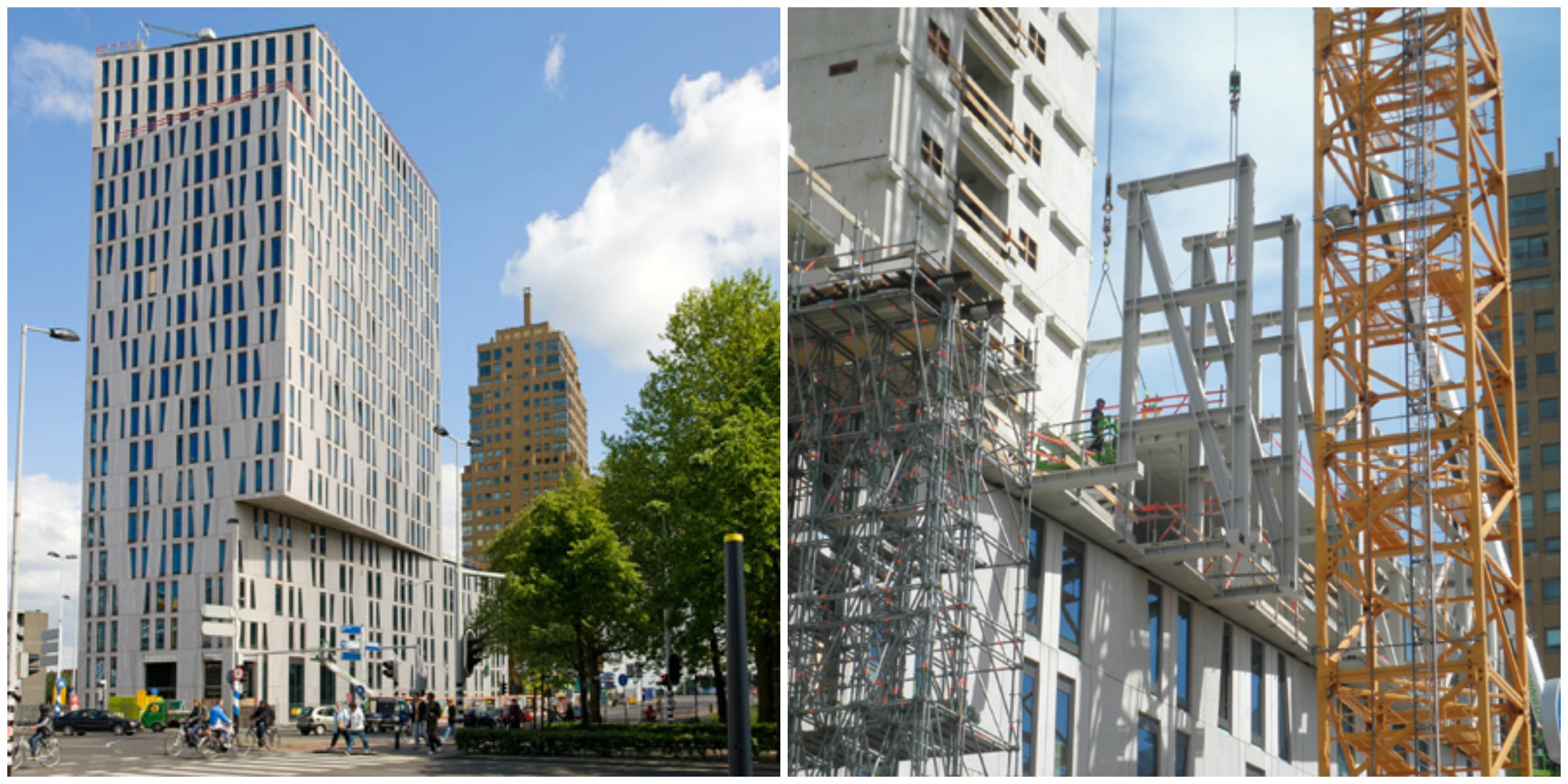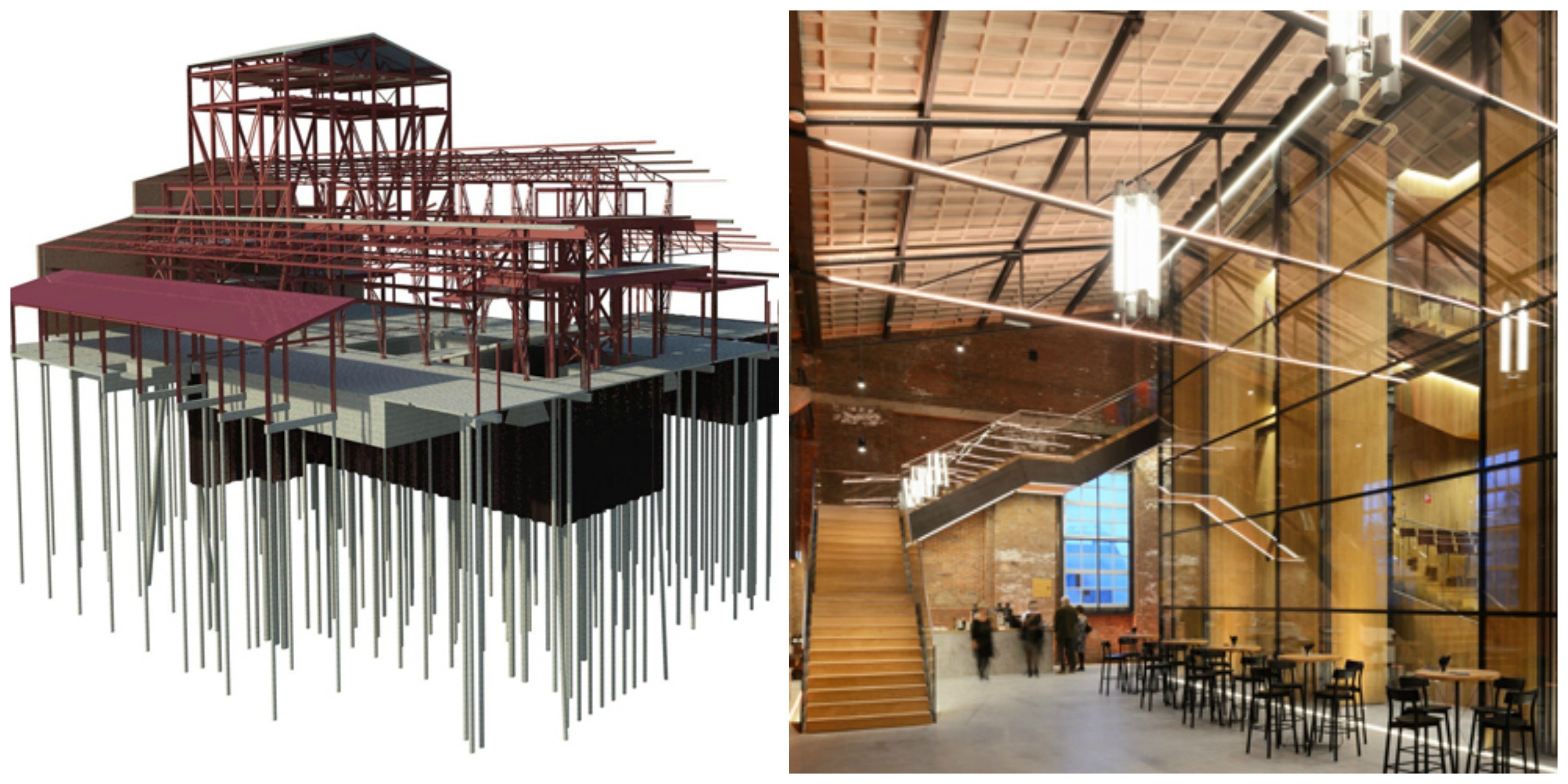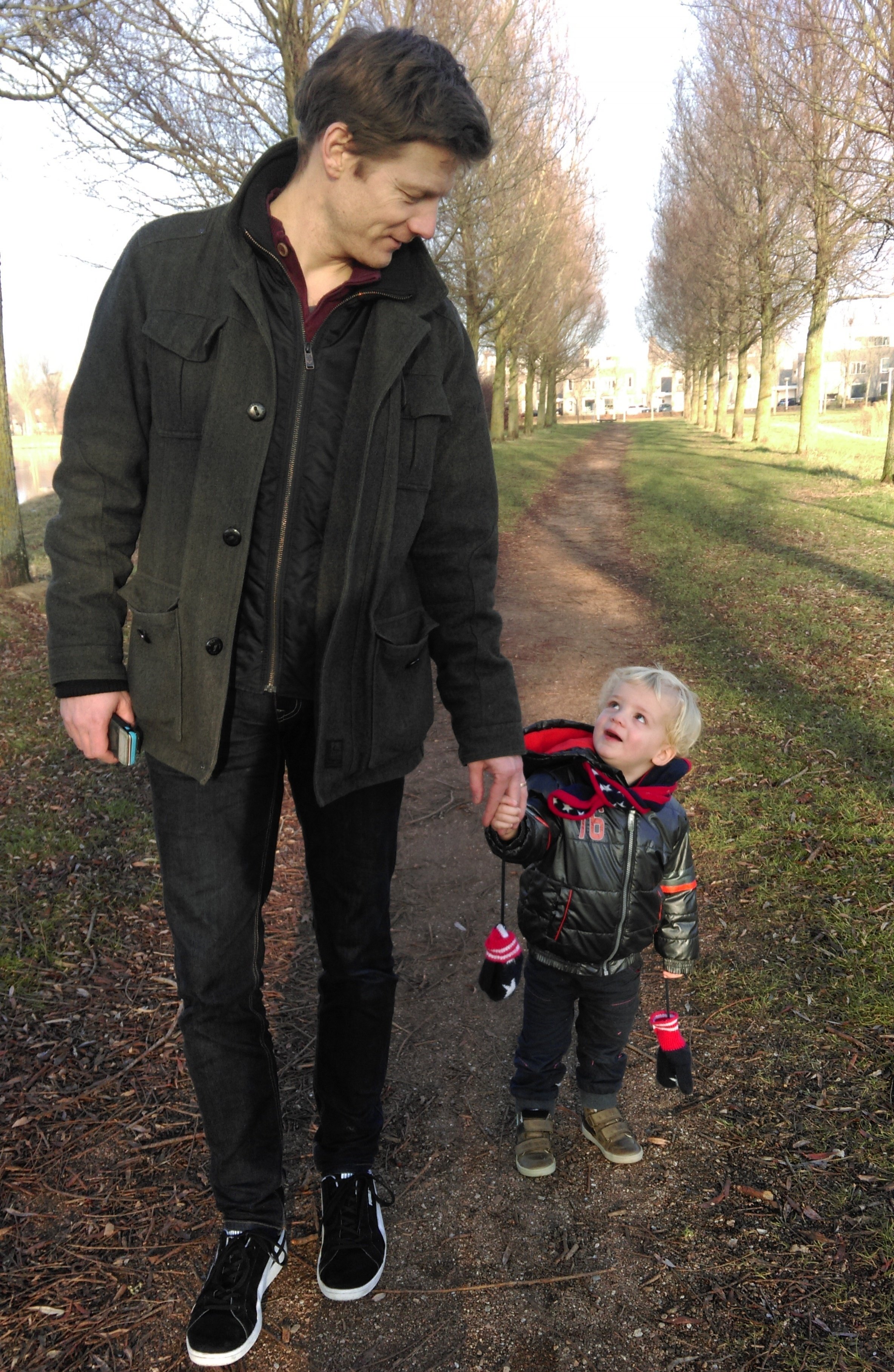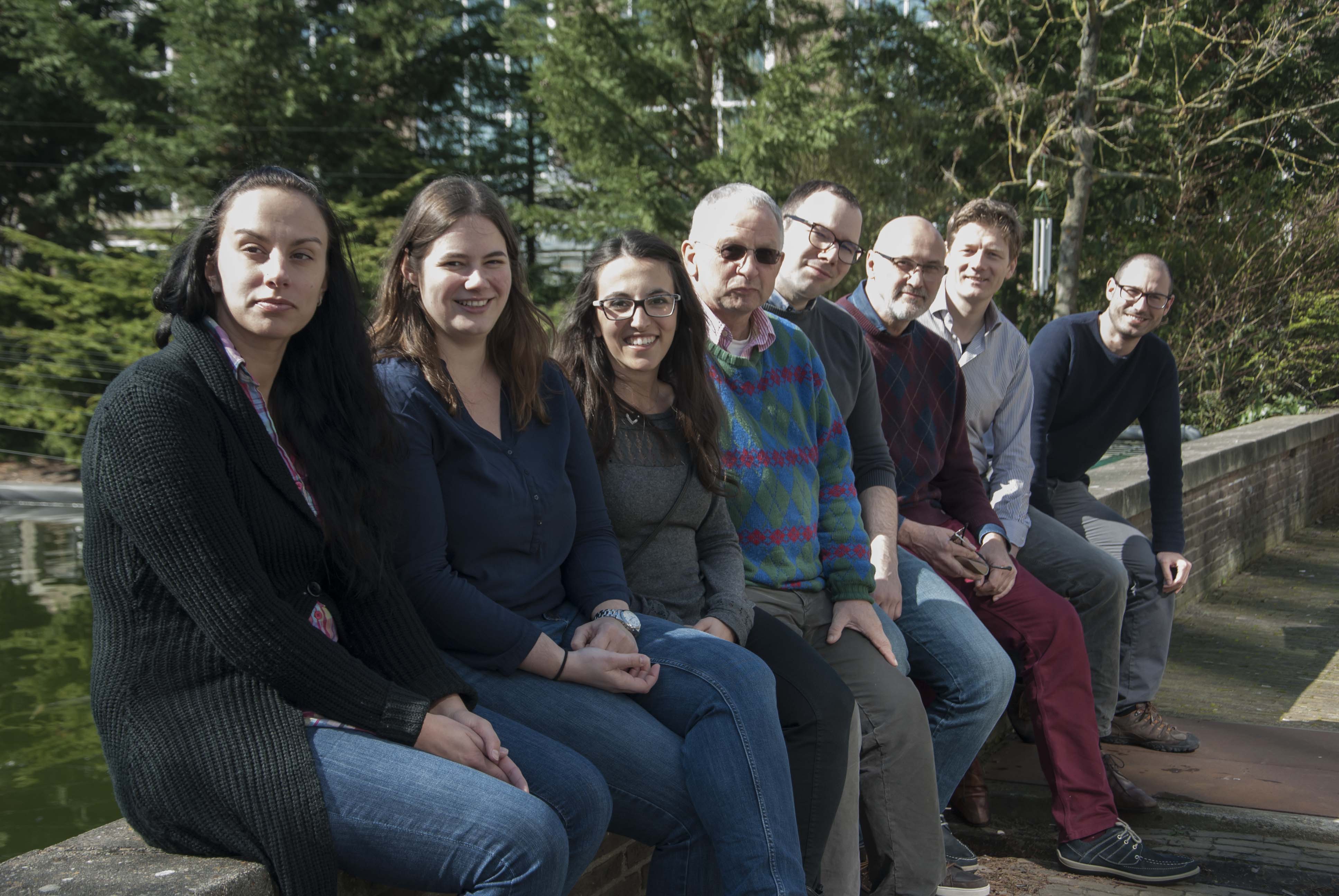When you have chosen for the civil engineering program at the HZ, it is highly likely that you will get in touch with Albert Repko. He has 20 years of experience as structural engineer, but around four years ago he decided to start over as a lecturer. The combination between his theoretical knowledge and practical experience will astonish and inspire you during his classes.
Wondering what he studied and how exactly he gained his experience? And why he decided to change from being a structural engineering to a lecturer? In order to provide you all with the answers, I interviewed Albert. Scroll down to find out everything he told me.
What does your educational background look like?
After high school I studied Civil Engineering here at HZ, at the same university of applied sciences where I am a lecturer now. Four years later I graduated in Vlissingen and I continued studying Civil Engineering at TU Delft. The main differences between the HZ and Delft were the focus of the studies. At the HZ the study material is more practical and the focus was put on applying technologies in practise. When I started at the TU Delft the focus was totally different and on a much more abstract level, more theoretical and about the development of new technologies.
 Project Experience: Blaak 8 Office building in Rotterdam
Project Experience: Blaak 8 Office building in Rotterdam
What did you do after finishing your studies at TU Delft?
When I was finished in Delft, I started to work as a junior structural engineer at the HSL-lijn in the Netherlands. The HSL-lijn is a special railway for high speed trains from Schiphol (Amsterdam) to Antwerp, Belgium. This was a large project and my task was to design the connections between the normal railway and the HSL-lijn. It was an interesting first project because I was both involved in the global and detailed design of a large range of civil structures, which made me learn a lot in a relatively short period of time.
After working as a junior engineer for several years I became a senior structural engineer. Normally this process of becoming a senior takes about 5 to 10 years, depending on the type, diversity and complexity of the projects where you are able to work on.
 Project Experience: Schouwburg De Kampanje in Den Helder
Project Experience: Schouwburg De Kampanje in Den Helder
Besides the HSL lijn project and other Civil projects I also started to work on the design of buildings and industrial projects, with a focus on the non-residential building sector. This basically means all kinds of constructions where people cannot live in, such as offices, cinemas, hospitals, etc. The most interesting and challenging aspect in this sector is the on-going transition. Many buildings were constructed in the 60’s and 70’s and they all have to be renovated around this time. The goal is to give old buildings a new function and this is a rather complex process.
Why did you become a lecturer after working in the field for several years?
In the beginning I tried to combine working in the field and teaching at the HZ. Though, when my wife and I started a family, this combination was too intensive and I choose to be a lecturer full-time.
 Albert with his son
Albert with his son
I really like to share my knowledge with the students. Why? Because my role as a lecturer is to prepare the future generation of civil engineers and this is quite a challenge. Like other disciplines, Structural Engineering, the field of engineering where I am specialized in, requires in depth knowledge and skills.
Here at the HZ the basic, fundamental knowledge is being taught. Although with additional specialised courses and gaining experience you can become a more skilled engineer, a good understanding of the basics is really important. As a senior engineer I have seen multiple juniors who finished their studies, started to work but appeared to have difficulties with understanding basic design rules. I would like to help the students with this and to prepare them for the real world.
Seeing the students develop during their study is also satisfying. All the students have a different talent and it’s nice to see how they go through that journey and find their own speciality. This makes me feel good as a lecturer when the student finishes the study and knows what they want to do in the field of civil engineering.
 HZ Civil Engineering Team
HZ Civil Engineering Team
Don’t you miss the professional field?
Sometimes I miss working in the field, the dynamics, the environment and the projects. Although another interesting part of being a lecturer is that your colleagues also all have their own specialisations. This leads to points of discussions and you will learn from them.
What most people forget is that being a lecturer is not only about teaching. Currently I am also involved in the development of a minor focused on maintenance of the infrastructure. The students will work on case studies which are actual problems from companies. In this way not only the students gather more experience, but also I will restore the connection with the work field.
